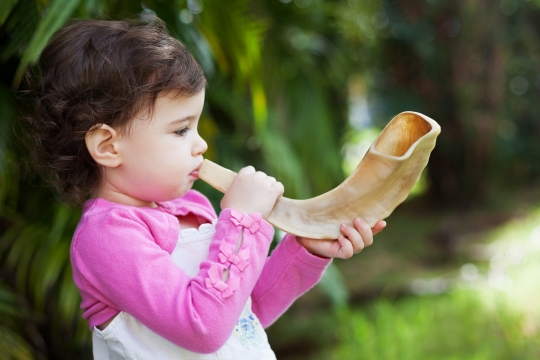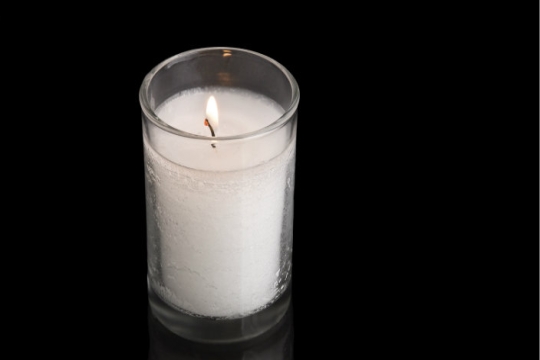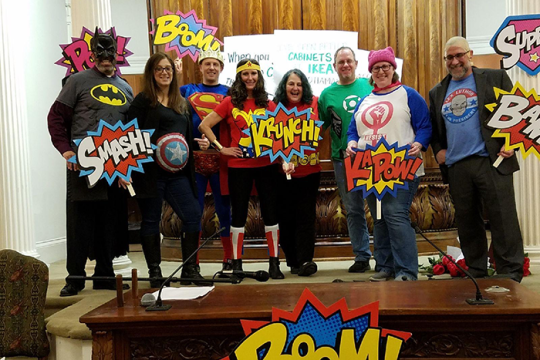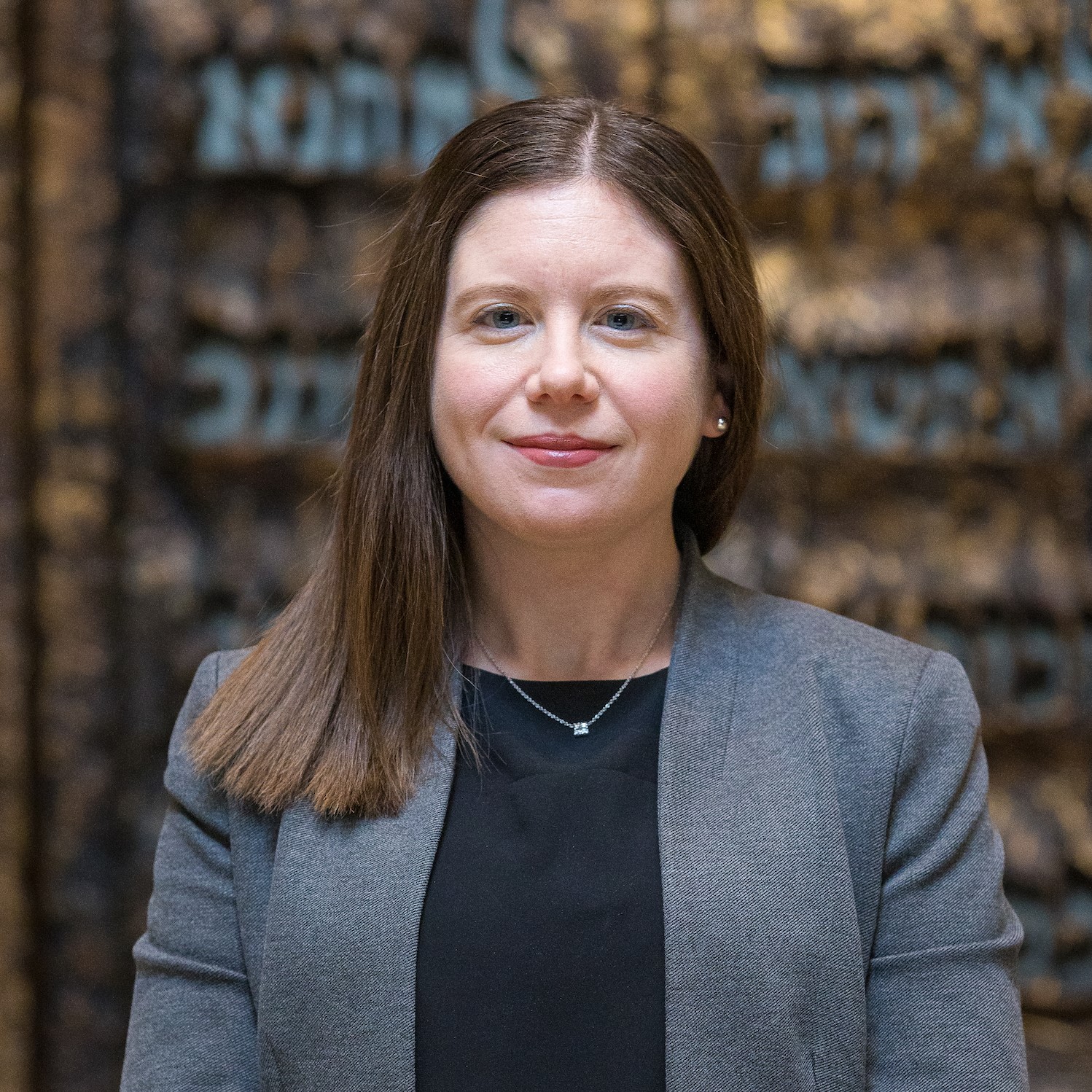
Throughout the month of July, my congregation hosted a Spiritual Physical Fitness (SPF) Challenge, which our community embraced in ways both meaningful and inspiring. We heard from members about their experiences in nature and with meditation, journaling, poetry, photography, walking, hiking, biking, baking, and being.
We don’t take the opportunities we’ve had last month for granted. Here in Massachusetts, we’re privileged to live in a community where it’s easy to get outside, to be safe and socially distant on trails or in our own backyards. We are blessed to live in a beautiful place. Ashreinu mah tov helkeinu, we are happy, for – even in the midst of challenges and sorrow – how great is our portion, our lot in life!
The lessons we learned and embraced last month will stay with us when, in a few weeks, we begin the Hebrew month of Elul – itself another kind of monthlong spiritual challenge.
Elul is the last month of the Jewish year, and the conclusion of Elul brings us to Rosh HaShanah, the Jewish new year. Elul is a monthlong spiritual challenge to prepare ourselves for the High Holidays. Just as we turned our eyes to nature and embodied experiences in new ways during the month of July, during Elul we turn inward to prepare ourselves for the High Holidays.
We call this process of reflection and introspection tikkun middot, “repair of our attributes.”
Middot, attributes or character traits, literally means “measures” or “weights.” Call to mind the image of a scale: The process of tikkun middot, of repairing our attributes, is about bringing our character traits into balance. Do we tend to be more hubristic than humble? How can we bring that into balance? Do we tend to be more lenient than just?
Elul is the month to calibrate our inner scales and prepare ourselves for the deep work of t’shuvah, repentance and return, that defines the High Holidays.
There are many ways to take on this spiritual challenge of tikkun middot, and some of the practices we honed in our Spiritual Physical Fitness Challenge will serve us well: hiking, walking, simply noticing. Utilizing the resources of the Institute for Jewish Spirituality, I’m also guiding nearly 30 people from around the world through independent materials and, in a weekly spiritual discussion group, through a process of tikkun middot – of bringing ourselves into balance as we anticipate a new year.
This is also an ideal time of year for an annual spiritual checkup. Just like we visit our physicians on a regular basis, your clergy are here to meet with you as we head into the end of an unprecedented year. While we can’t meet for coffee or in my study, I imagine that your clergy are honored, as I am, to set up a time to talk by phone or zoom.
Tikkun middot is an essential first step in our repair of ourselves, and an essential first step in the repair of the world – tikkun olam – because only after we have repaired ourselves can we work toward the repair of the world.
The phrase L’takein olam, to repair the world, appears in one of the later paragraphs of the Aleinu prayer. What does God require of us? We look to our prophet Micah, who attempts to answer that question: “It has been told to you, oh human, what is good and what the Eternal seeks from you: do justice, love mercy, and walk humbly with your God” (Micah 6:8).
This summer, at Congressman John Lewis’s funeral, President George W. Bush used these words to describe Lewis and all those who continue in his legacy:
“[John] will live forever in the hearts of Americans, who act justly, love mercy and walk humbly with their God.”
Lewis, who was one of the leading moral voices of the civil rights movement for decades, was the youngest speaker at the March on Washington and a key organizer of the march from Selma to Montgomery.
In his eulogy, President Barack Obama reminded us that like the work of tikkun middot, the practice of repairing ourselves, the work of tikkun olam – repairing and perfecting our world – is a practice, too. He said:
“...this country is a constant work in progress. We’re born with instructions: To form a more perfect union. Explicit in those words is the idea that we’re imperfect, that what gives each new generation purpose is to take up the unfinished work of the last and carry it further than anyone might have thought possible. John Lewis, first of the Freedom Riders, head of the Student Nonviolent Coordinating Committee, youngest speaker at the March on Washington, leader of the March from Selma to Montgomery, member of Congress representing the people of this state and this district for 33 years, mentor to young people...He not only embraced that responsibility, but he made it his life’s work...”
“A work in progress.” That’s who we are. That’s our Jewish community. That’s our country. That’s what our world is.
And here we are, walking into the waning weeks of the year 5780, ready to reflect, to resolve to improve. To bring ourselves and our world into greater balance. To continue the legacy of John Lewis and so many others, to do justice, love mercy, walk humbly, and make the world better for all.
May we all be inspired by Lewis’s own words:
“When historians pick up their pens to write the story of the 21st century, let them say that it was your generation who laid down the heavy burdens of hate at last and that peace finally triumphed over violence, aggression and war. So I say to you, walk with the wind, brothers and sisters, and let the spirit of peace and the power of everlasting love be your guide.”
May we walk there together, toward repair of ourselves and our world.
Related Posts

Creating High Holiday Memories for Children

You’re Invited to Remember

